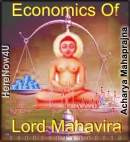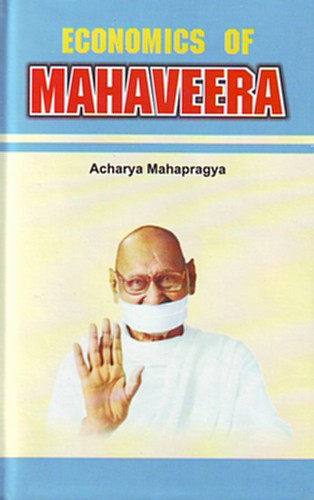
While it is true that the concepts of modern Economics has tended to make man more prosperous, it has also to be confined that it has made him less happy. Satisfaction of needs, peace and happiness must produce a new amalgam. When articles of consumption become available, needs get satisfied, and some amount of mental peace and happiness are also gained. If all these are assured then the process is complete.
Economic thought that is needed today is the one that can make all these three available. This will not impinge on the interest of others. Economic principles that make the articles of consumption satisfy the needs of people, but at the same time disturb peace and happiness are not desirable. If, along with the satisfaction of needs, peace and happiness are also generated, then alone, it is a complete system. And this is possible only through the principle of anekanta.
Modern Economics has thus propounded the principle of prosperity, and the race for prosperity was unleashed. The conceptual world of modern Economics has some fallouts industry, mechanization and urbanization. Industry is an important corollary. With increasingly expanding industries, there was that much more prosperity. As a consequence, the race for industrialization started. Several nations became industrial countries, became rich and created a considerable amount of prosperity. With industries, mechanization intensified, and with mechanization, urbanization grew. Earnings were correlated with industries located in and around cities and, as a result, village people started migrating to cities. Cities continued to expand, multi-storied buildings continued to be built. But these buildings along side rows of jhuggis and jhopris (slums) also grew. Heaven and hell both existed together. If heaven was to be seen on this earth, then it was there, and if hell was to be seen, then it was present in the form of slums.
 Acharya Mahaprajna
Acharya Mahaprajna

